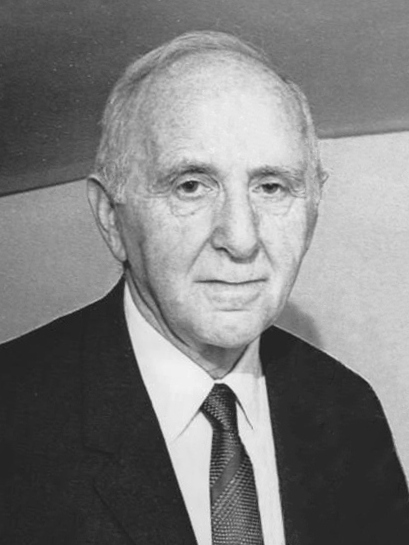Zdroj: "Economic growth and income inequality," 1955, p. 26
Kontext: The paper is perhaps 5 per cent empirical information and 95 per cent speculation, some of it possibly tainted by wishful thinking. The excuse for building an elaborate structure on such a shaky foundation is a deep interest in the subject and a wish to share it with members of the Association. The formal and no less genuine excuse is that the subject is central to much of economic analysis and thinking; that our knowledge of it is inadequate; that a more cogent view of the whole field may help channel our interests and work in intellectually profitable directions; that speculation is an effective way of presenting a broad view of the field; and that so long as it is recognized as a collection of hunches calling for further investigation rather than a set of fully tested conclusions, little harm and much good may result
Simon Kuznets: Citáty anglicky
Zdroj: Modern economic growth,(1966), p. 487, as cited in: Peter Temin, Gianni Toniolo (2008) The World Economy between the Wars. p. 7
“The welfare of a nation can scarcely be inferred from a measurement of national income.”
Simon Kuznets in report to the Congress, 1934; Cited in: Gernot Kohler, Emilio José Chaves (2003) Globalization: Critical Perspectives. p. 336
Zdroj: Modern economic growth,(1966), p. 81
Zdroj: "Economic growth and income inequality," 1955, p. 1
Simon Kuznets in: Herbert David Croly eds. (1962) The New Republic Vol. 147. p. 29: About rethinking the system of national accounting
Simon Kuznets (1962, p. 32), as cited in: David W. Galenson, "Understanding the Creativity of Scientists and Entrepreneurs." (2012).
Zdroj: "Economic growth and income inequality," 1955, p. 8
Zdroj: "Economic growth and income inequality," 1955, p. 7 as cited in: Anthony Barnes Atkinson, François Bourguignon, Handbook of Income Distribution, Vol. 1. Elsevier, 2000 p. 799
Zdroj: Modern economic growth,(1966), p. 1, as cited in: Amitava Krishna Dutt, Jaime Ros (2008) International Handbook of Development Economics. p. 48; Definition of "modern economic growth"
Zdroj: "Economic growth and income inequality," 1955, p. 17
